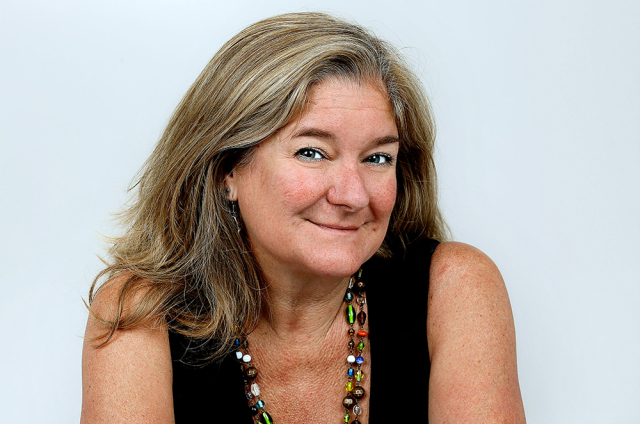On Wednesday, April 18, Pulitzer Prize winning journalist Lane DeGregory hosted a webinar in which she offered advice to potential journalists based on her career in the field.

One of the main pieces of advice she offered was to find one’s voice in journalism. She said that using too many quotes is a huge impediment to finding one’s voice. Instead, she said, journalists should paraphrase and only select important quotes.
DeGregory also noted that having a good editor is key to finding one’s voice. She also said, however, that journalists should first try to edit their own work before sending it to an editor.
Finding one’s voice, DeGregory pointed out, also means listening to the voice of the story as well as the voice of the place you’re working for.
Other tips she offered for finding one’s voice in journalism are to own the information, try on different perspectives, and shift the tone of different stories depending upon perspective and subject.
DeGregory said that you should be able to tell your story to a friend over lunch. This approach to writing a story is an effective way of finding one’s voice.
In addition to her tips on finding voice, DeGregory distinguished between three types of voice journalists can use. The three voices are third-person, second-person, and voice of authority.
Third person accounts are the most commonly written type of news story in which the facts are presented in a completely objective way. These types of stories generally work effectively. Second person accounts are more difficult to master and involve pulling the reader(s) into the story so that they can empathize with the people in the story. Voice of authority is the hardest type of story to pull off. This type of story is written by getting inside the head of the person you are writing about and understand the perspective of that person.
DeGregory said that one of her favorite parts about being in the field of journalism is being able to “explore other worlds and be different people.” Journalists must get inside people’s heads to understand what they were thinking. They must explore others’ lives by seeing things from others’ perspectives.
She pointed out that journalists should avoid using jargon and should instead take their audience into account.
Another tip she offered was to seek silence when conducting interviews. She explains that interviewees only need 15 seconds of silence to start opening up.